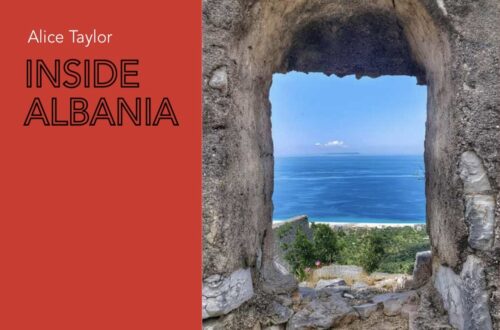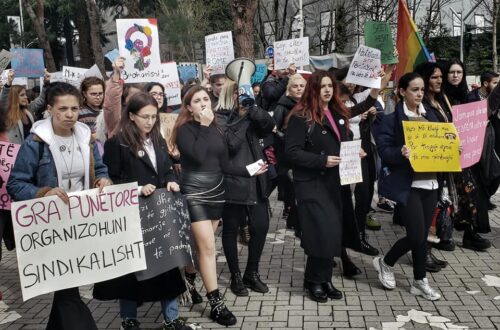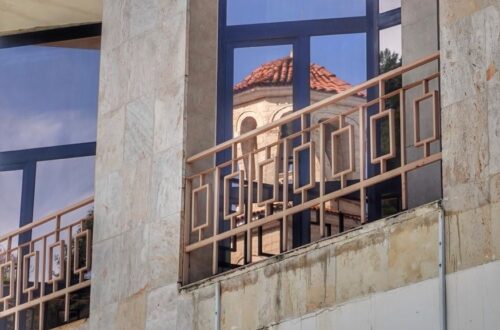On June the 7th it was reported in both local and international media that the Albanian government had reached an agreement with the International Commission on Missing Persons to increase efforts to find some of the 6000 victims of the communist regime. With some 6000 individuals still “missing”, pressure has been on the government to make more effort to investigate their whereabouts, search for remains, and identify them.
Almost thirty years after the regime fell, many believe that there is little hope of successfully identifying ay remains that are found and that there is not sufficient funding to do so. Stepping in, the EU granted the ICMP around EUR450,000 to commence the work which will include excavations in two known grave sites as well as other suspected sites throughout the country.
Whilst the decision to progress with the project was decided upon by the Council of Ministers, almost two months later, it has still not been approved by parliament or entered into force. A spokesperson from the ICMP stated:
“ICMP is looking forward to the ratification of the Cooperation Agreement with the Republic of Albania and the commencement of the activities that would assist the Albania to address the missing persons issue. “We hope that Albania will conclude this process this month so that we can commence the project.”
So far the Albanian government are yet to comment on their lack of action or what could be holding the process up. There are growing concerns from the international community that the delay in the ratification of the project is causing concern that the EU funds that were allocated, could go astray. The EU Delegation, however, have expressed their confidence that progress will be made and that work is ongoing whilst awaiting ratification.
The nationwide project will involve archaeological excavations at one burial site near Tirana, and another in a former labour camp in Ballshi. During the 45 years of communist rule, thousands of Albanians disappeared were murdered and executed or died in forced labour camps, and most of them were buried in unmarked graves.
The ICMP became involved in 2010 after an investigation which saw the family members of an executed oil engineer discovered a mass grave just outside of Tirana.
“The Albanian authorities have adopted more than 24 legislative acts since 1991 addressing the issue of victims of the former regime, but uncertainty remains about the fate of missing persons and the location of gravesites, and little has been done to give concrete assistance to the families of the missing,” the ICMP said.
“The lack of information is particularly difficult for families and it is also preventing Albanian society from overcoming the legacy of its totalitarian past,” it added.
This story makes me very sad and I cannot begin to imagine how the families of those who are missing a loved one must feel. Whilst the years of communism are behind you and it must be tempting to push those memories to the back of your collective minds, it is important not to forget the travesties. After all, as soon as one forgets these things and whitewashes over the horror, we run the risk of repeating them in the future.
For the sake of the families as well as the honour and memory of those that died, I hope steps are taken soon to kickstart the project. I also hope that no stone will be left unturned when it comes to giving these people the burial and memorial that they deserve.
Follow The Balkanista!



